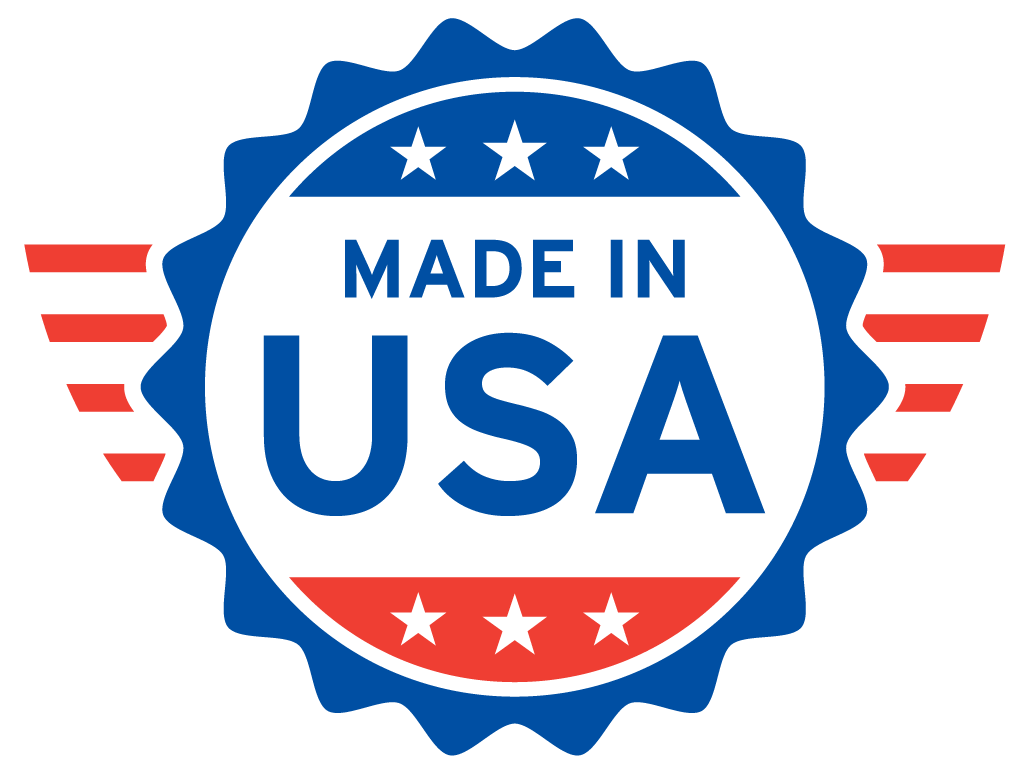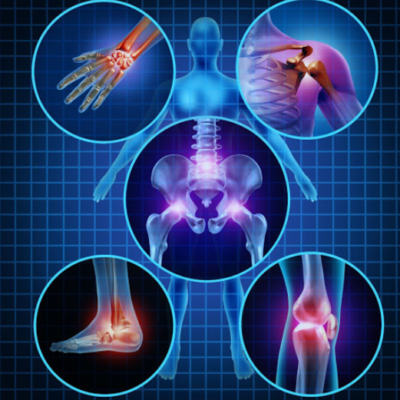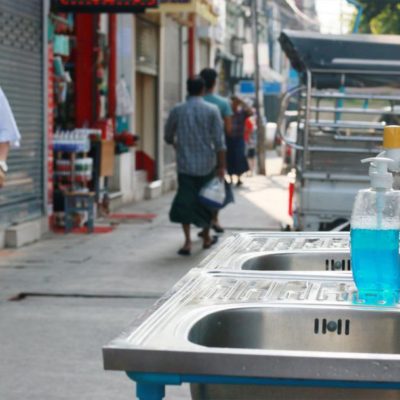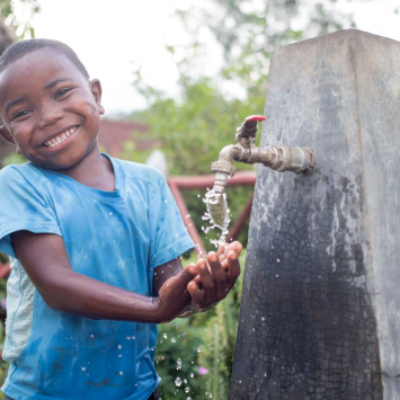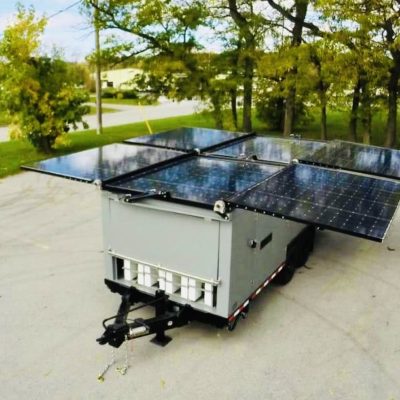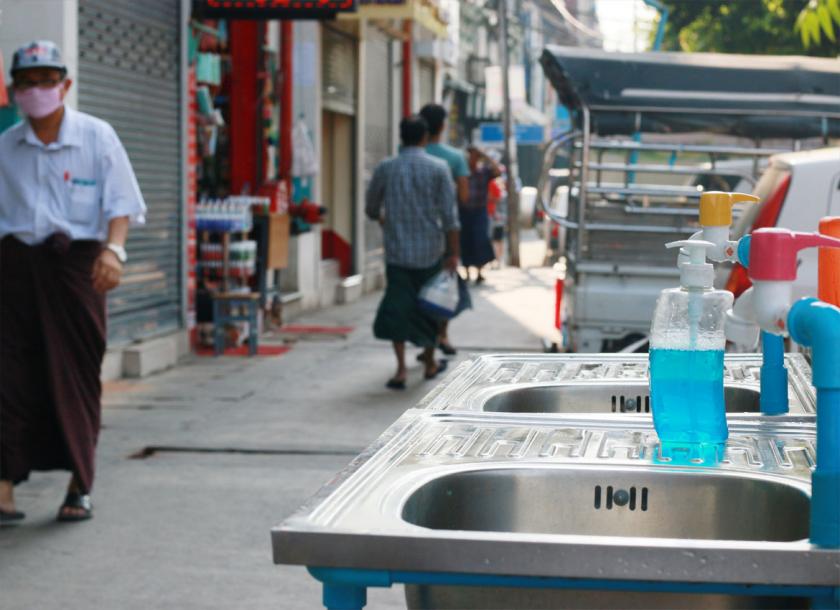
COVID-19 Pandemic Highlights the Global Need for Clean Water
As we assess the damage wrought by the coronavirus pandemic, and how we have dealt with it in various societies around the globe, one thing is clear: a key way to minimize the odds of getting sick is by washing your hands thoroughly and frequently.
But more than 40% of the world’s population live in an area where water is scarce and more than 780 million people don’t have access to clean water for washing. In total, only 3 out of 5 people worldwide have basic hand washing facilities, according to the latest data from the WHO and UNICEF.
Today, with coronavirus present on every continent except Antarctica, washing hands is a difficult challenge in many developing countries. Clean water and soap are often in short supply, and many slum dwellers live in homes without running water.
“Hand washing with soap is one of the cheapest, most effective things you can do to protect yourself and others against coronavirus, as well as many other infectious diseases. Yet for billions, even this most basic of steps is simply out of reach,” said Sanjay Wijesekera, UNICEF Director of Programmes. “It is far from a magic bullet. But it is important to make sure people know what steps they should take to keep themselves and their families safe, even as we continue our longstanding efforts to make basic hygiene and sanitation available to everyone.”
Adequate water, sanitation and hygiene services for households, schools and healthcare facilities are essential to prevent the spread of infectious diseases including COVID-19. As evidenced by the COVID-19 virus outbreak, all economies (including those of developing countries) are vulnerable to pandemics, which can threaten basic primary health care, public health services, health infrastructure, and effective infection control mechanisms. Even for wealthy countries, pandemics and epidemics can result in death, displacement and economic devastation.
But developing countries also have another challenge: The low levels of coverage of these basic services in many parts of the world reflect substantial inequalities between and within countries and contribute to the vulnerability of these populations to the pandemic.
Such communities rely on a patchwork of solutions to provide clean water, and when water stops running, pumps shut down, or purification cannot be guaranteed, the risk is there for viral spread. If power is lost, it can threaten the supply of water as power and water often have a reciprocal relationship as many of them rely on water or can’t run without water while water cannot run without power. In addition, water may also require treatment with disinfectants to make water drinkable. Any disruption involving any link in the supply chain of chlorine or other necessary ingredients could also thwart any efforts to deal with a pandemic such as COVID-19.
ENTER ANSA NORTH AMERICA
ANSA North America provides portable water purification and power generation technologies for humanitarian missions and disaster relief worldwide.
ANSA North America’s on-site water purifier and desalination systems are the best alternative to get the world’s waterless people high volumes of pure drinking water at very low operating costs. From portable solutions for polluted fresh and salt water purification for smaller groups of people to village-scale water purification from fresh water sources, to HELP Responder™ trailers that bundle integrated power production and water filtration capabilities, ANSA North America can help governments and NGOs provide on-site disaster water purification & power generation with extreme operational strategic flexibility, especially in complex disaster situations.
For any disaster relief plan that includes bottled water, ANSA North America provides a much more economic and environmentally friendly alternative to bottled water distribution.
